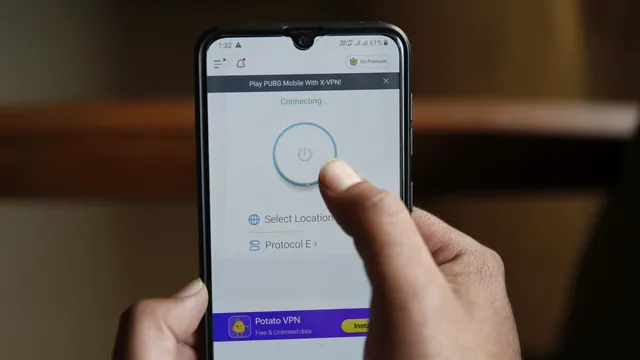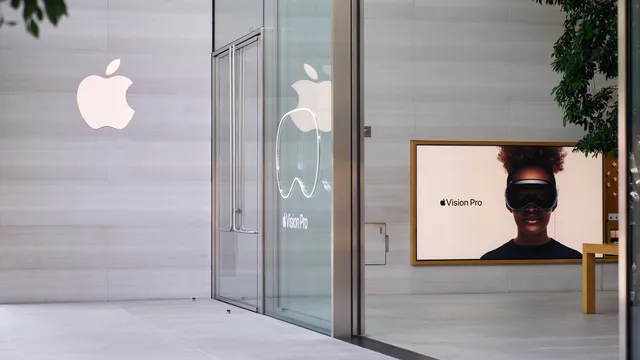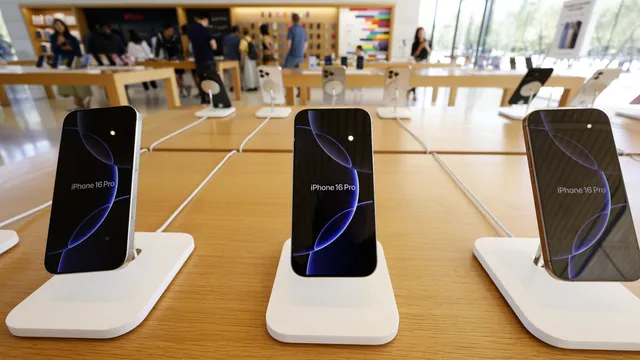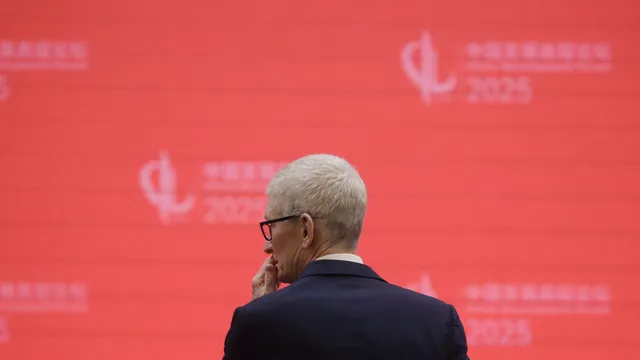In recent years, headphones and noise-cancelling devices have become increasingly popular, both among public transport users and workers who want to focus on their work without answering their phones every two minutes.
Problems with concentration are numerous. Start-up company Neurable has invented headphones equipped with a brain-computer interface that captures the body's electrical signals and uses algorithms to interpret the data. When the person wearing the headphones starts to lose concentration, the device senses it and intervenes.
The principle may seem scary, but as journalist Adam Clarke Estes, who has already tried the headphones, explains, it does not read the wearer's thoughts. It simply collects data about the brain using a combination of electroencephalography sensors. This technology, which is already very advanced, should soon be incorporated into other devices such as headphones and glasses.
Neurable suggests using the recordings to help us improve our brain health. Over time, this technology could help detect symptoms of depression or even early signs of Alzheimer's disease.
"From a biological point of view, your brain is designed to hide your weaknesses: it's an evolutionary effect. But when you measure at the source, you detect these phenomena as they happen, rather than after they have had consequences, and that is the real advantage of brain measurement," says Ramses Alcaide, co-founder of Neurable and a neurologist. I BGNES

 Breaking news
Breaking news
 Europe
Europe
 Bulgaria
Bulgaria







